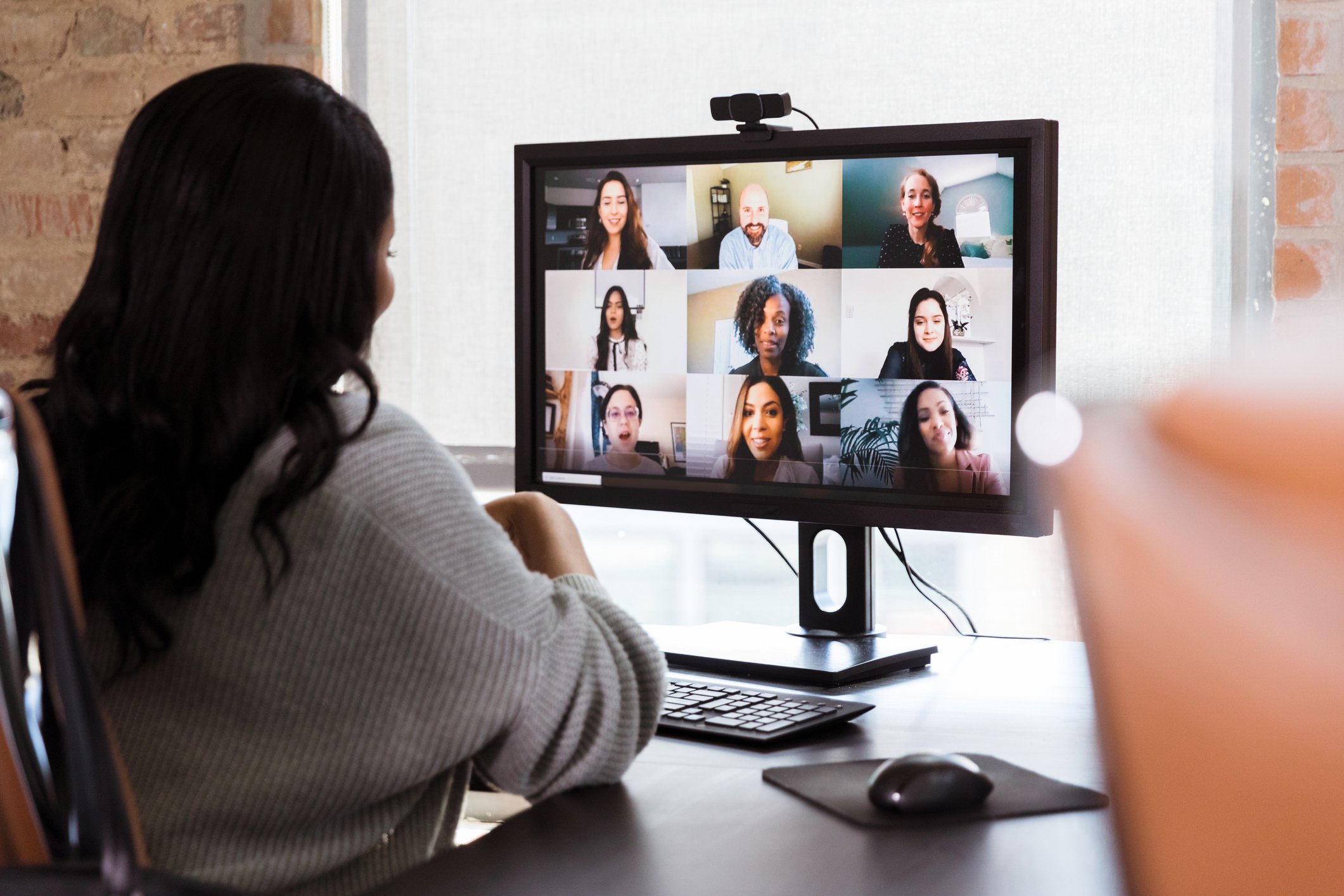Zoom Video Communications (ZM 0.60%), the company behind a video conferencing platform that's gained a lot of attention during the COVID-19 pandemic, is getting hit with a lawsuit from one of its investors.
First spotted by Bloomberg, the complaint, which was filed in San Francisco federal court this week, accuses Zoom of hiding flaws in its app that led to privacy and security breaches.
Investor Michael Drieu accused top executives of the company of hiding shortcomings having to do with encryption and the sharing of personal information with Facebook (FB 2.95%) and other third parties. The investor argued the revelations about the flaws in Zoom resulted in the stock price taking a hit. That's even as shares are up nearly 75% year-to-date.

IMAGE SOURCE: GETTY IMAGES.
Ever since companies began ordering employees to work from home, schools began shutting down, and cities across the U.S. began calling for people to stay home, demand for Zoom has been booming. But it has also led to several reports of lax security, privacy issues, and hackers interrupting meetings, all because of weak encryption technology. Those complaints have prompted the New York City's Department of Education to ban the usage of the Zoom app in classrooms and caused New York Attorney General Letitia James to request more information about the company's security and privacy controls. On Tuesday, Taiwan became the first government to ban all official use of the video conferencing app after learning some Zoom traffic was routed through China by accident.
Zoom has tried to address the criticism, with CEO Eric Yuan saying in a recent blog post that the company will spend the next 90 days better identifying, addressing, and fixing issues with the platform. "For the past several weeks, supporting this influx of users has been a tremendous undertaking and our sole focus," wrote Yuan at the time. "However, we recognize that we have fallen short of the community's -- and our own -- privacy and security expectations."







